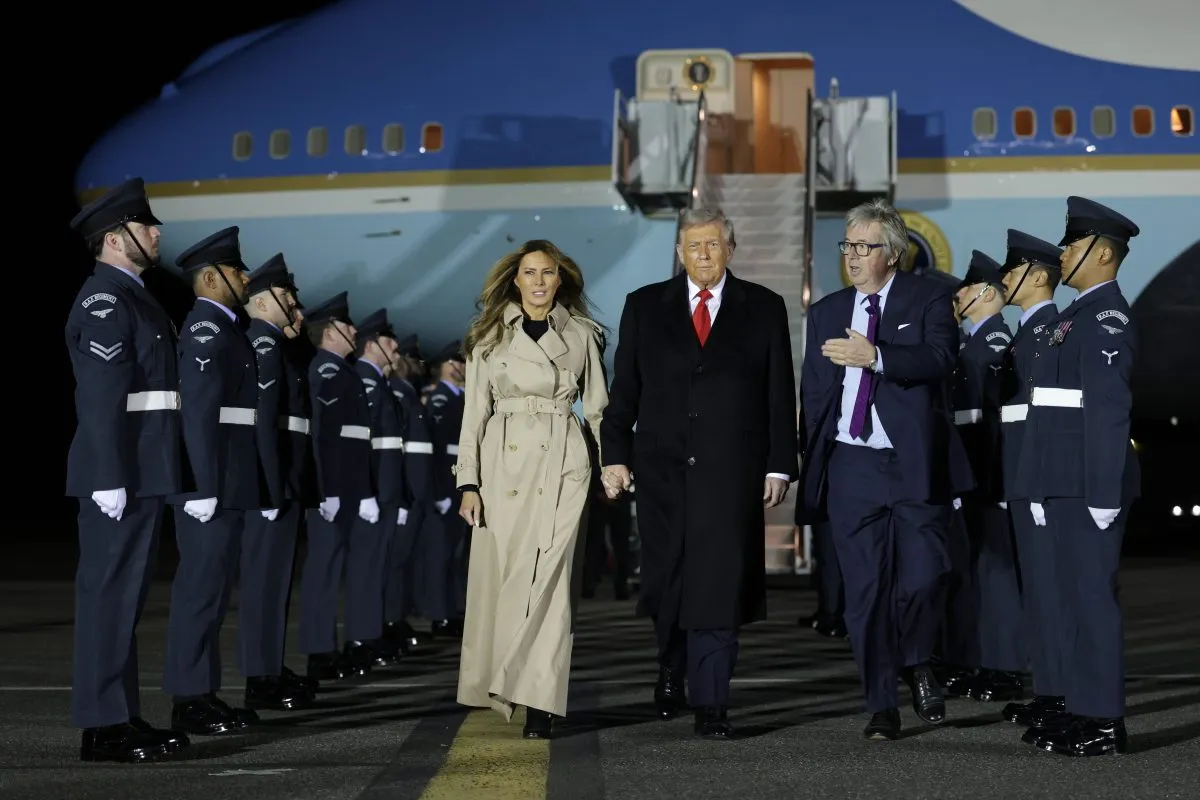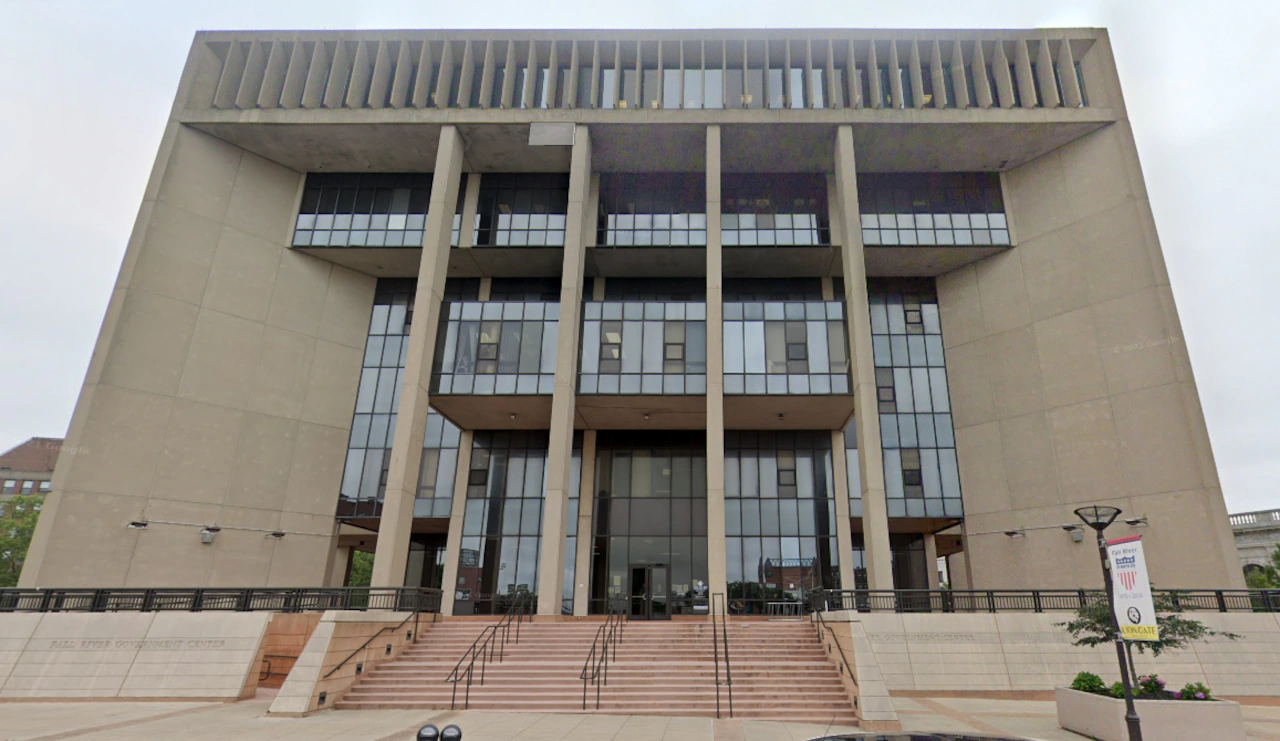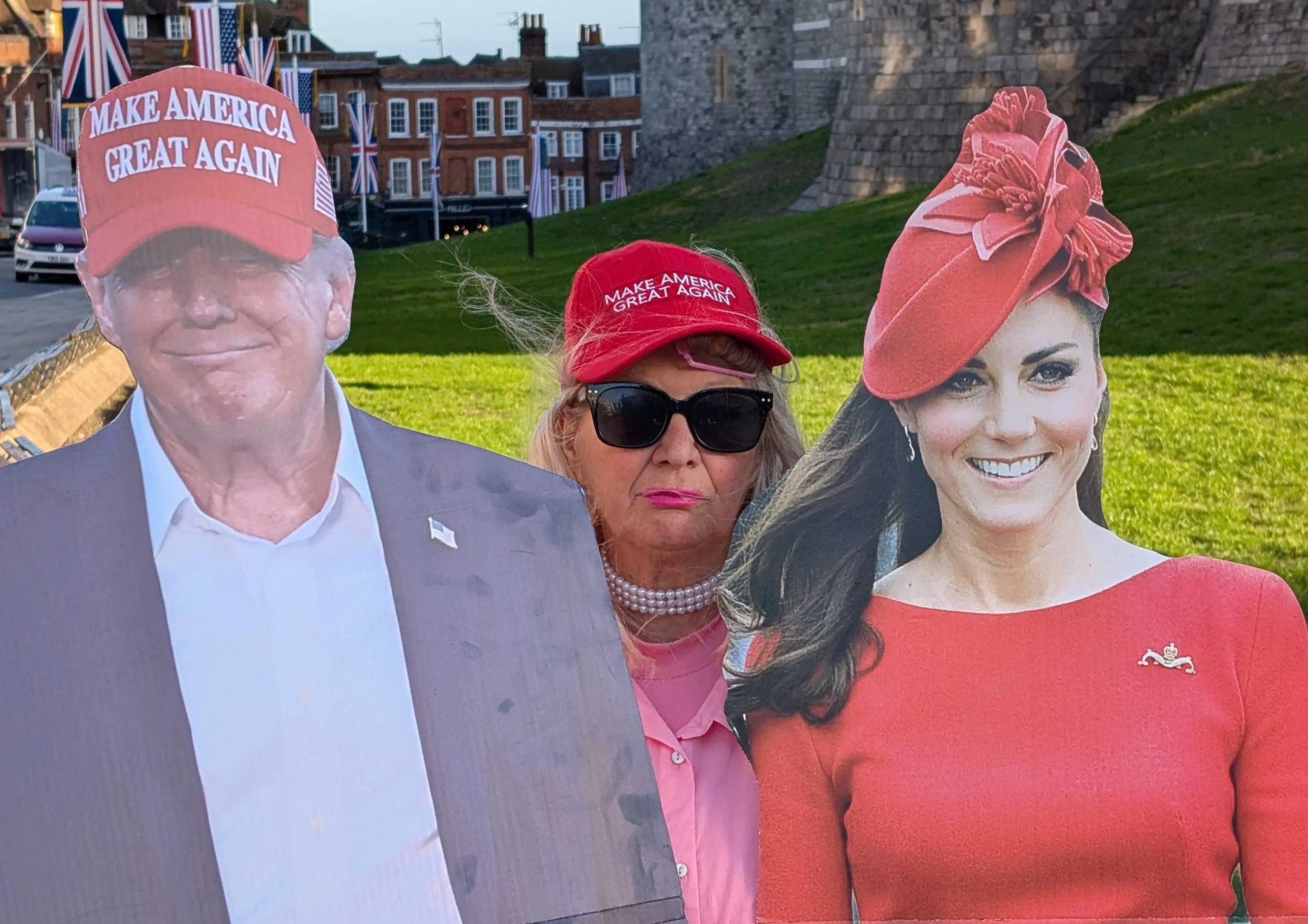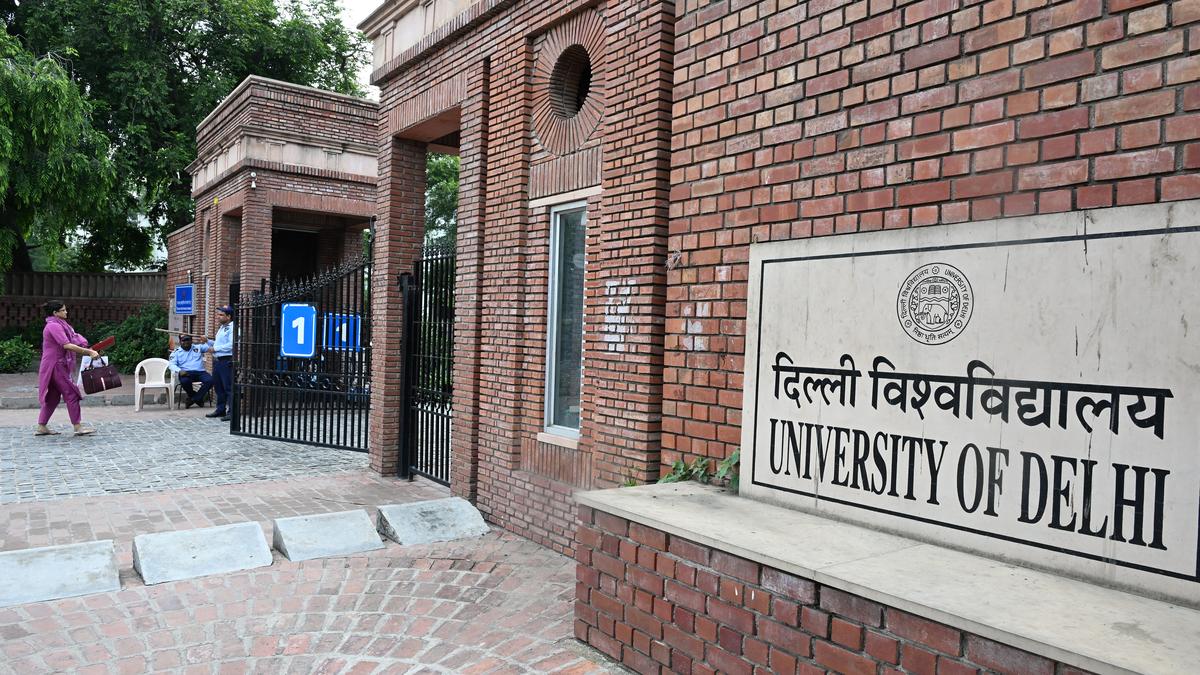By Anna Moneymaker,Bruno Maçães
Copyright cityam

The problem for Keir Starmer during this state visit is that Donald Trump treats allies much worse than adversaries – and once he realised how needy Britain really is, things will get far worse, says Bruno Maçães
In a recent interview, Keir Starmer expressed his disappointment that the Mandelson affair ended as badly as it did. It may turn even sourer now that Donald Trump has landed in Britain for his state visit and reporters will ask him to comment on Epstein with renewed vigour and pretext. Remember that handsome ambassador – should you be forced to resign like he was? Trump may well think that Starmer is either incompetent or malicious for placing him on the spot. Starmer, for his part, feels let down, perhaps by the world. In retrospect, knowing what he knows now about what he already knew then…
The main question, however, is not Lord Mandelson. Sorry, “Peter”. The main question is the “special relationship”. Starmer bet everything on America and one wonders if in the future he might not feel equally let down. In this case not through great fault of his own. Starmer is not following his whim here, as he did with Mandelson. It’s the country as a whole that increasingly finds life meaningless or impossible without an appreciative smile from Washington. Brexit drew a wide gulf with the continent. The British economy and even British culture lost their lustre. The empire is no longer within living memory. The only possible hint of greatness comes from the sense that the American colossus still values Britain above everyone else. But does it?
Only Britain needs America’s approval
I am afraid it doesn’t. Not at all. Starmer had to accept rather onerous terms in his trade deal with the United States and the prize of being the first to get over the line is a rather ambiguous one. It implies a willingness to entertain what others will not, or at least what others will only reluctantly accept. As for the special relationship, I am old enough to remember when it was indeed special, when the rest of the world often saw American and British leaders make the most important decisions together. None of that is even conceivable now. Today, there are about a dozen countries closer than Britain to “the room where it happens”, even if none of them really enjoys a permanent status.
Only in the case of allies is there a neglected seam of economic advantage still to explore
The problem for Starmer and for Britain is that Trump treats allies much worse than adversaries. Why does he do that? Because allies are dependent. Only in the case of allies is there a neglected seam of economic advantage still to explore. Very bad news: once Trump realises how needy Britain truly is, he will demand more. We see this dynamic already in the way Vance or Musk act as viceroys of the British Isles, even suggesting that the time has come for a replacement in the local administration. They smell blood. Many countries might need the American market. Only Britain needs America’s approval.
I have always thought that Brexit was fundamentally about exchanging Brussels for Washington as the guiding star for British politics. But be careful what you wish for. When Trump or Vance look at Britain, they don’t see an older and wiser version of America. They see an America gone wrong, which only America can put right. The fact that many in Britain seem to agree will only encourage them. Already we are starting to see demands to adapt elements of the British regulatory system to American interests and preferences. It’s starting to look a lot like the old “Brussels yoke,” but without a British vote and with a lot more raw energy in Washingon than in Brussels. That energy, however, is exactly the problem.
Bruno Maçães will be in conversation at Cheltenham Literature Festival with David Runciman on 15 October. “World Builders: Technology and the New Geopolitics” by Bruno Maçães is published by Cambridge University Press.



